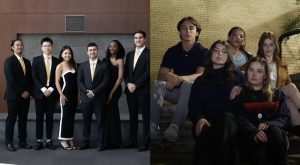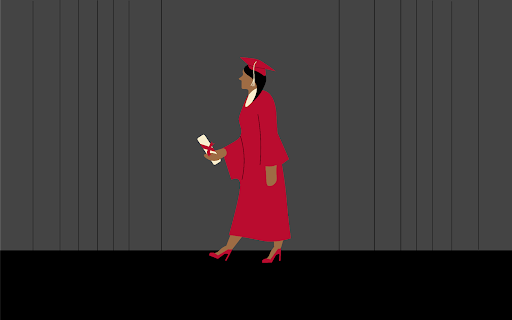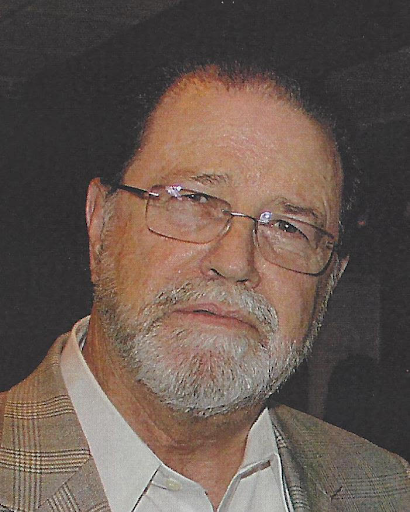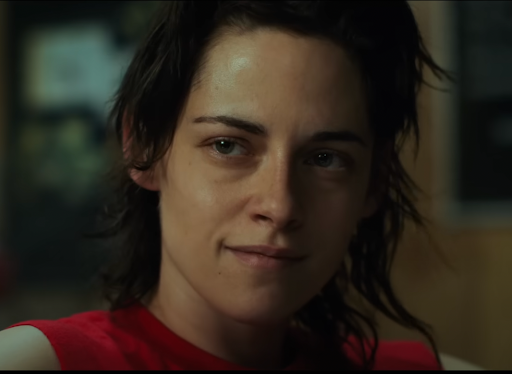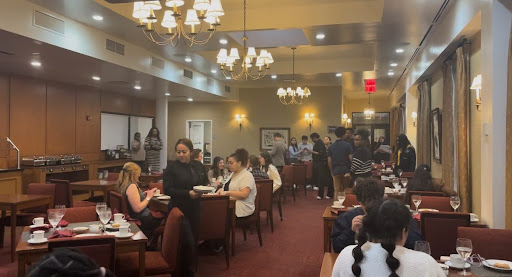Physicist, author and professor Freeman J. Dyson lecturedThursday on the role of technology in achieving social equity.
Dyson’s lecture focused on several stories in which technologywas applied – either successfully or to result in failure – toillustrate that the effects of technological pursuit need to becarefully examined by those wishing to seek it.
“The main message of Professor Dyson’s lecture is that a bottomup approach to the use of technology has a better chance of successthan a top-down approach,” said Professor Arthur Gianelli, Chairmanof the Philosophy Department.
Dyson began by outlining a situation where technology wasapplied in the wrong manner – from the top -down. He talked of aproject in Kongwa, a small town in Tanzania, then a Britishcolony.
At the end of World War II, Dyson said, there was a largesurplus of earth-moving equipment coupled with the demobilizationof a great number of African soldiers who were expert operators.British politicians and African soldiers shared the desire tocreate a prosperous economy in Africa. In 1945 a peanuts scheme waslaunched.
After a massive ground-clearing campaign that employedexplosives to remove tree-stumps the soil lacked the nutrientsneeded to grow a successful crop, Dyson added. He attributed theproblem to the lack of information that the program administratorshad attained before the project commenced.
“Would the conversion of jungle to farmlands bring more goodthan harm to the African people was the question that needed to beasked,” said Dyson.
“The philosophy of the organizers was enlightened despotism,”Dyson said. “They knew what was good for the Africans, and theyintended to give the Africans what was good for them. They did notask whether, even if the project had been technically successful,the majority of Africans would have considered it good.”
Dyson mentioned one instance where he found that technologicalinnovations were not beneficial.
During the Carter administration, Dyson was a member of the USDepartment of Housing and Urban Development. HUD was commissionedto find high technology solutions to build better homes. Thefindings, according to Dyson, were that factory assembled homeswere the cheapest and most efficient method of production.
“We had reinvented the mobile home,” said Dyson as the crowdlaughed. “Affordable housing comes from human solidarity and notfrom high technology.”
While Dyson does not claim to be an expert in the subjects thathe talked about at St. John’s, he frequently addresses them atuniversities around the country.
At the age of 15, Dyson says in his book “Disturbing theUniverse”, he began to contemplate ways to reconcile socialinjustices.
“The answer was amazingly simple. I call it Cosmic Unity,” Dysonsays in the text. “We are all the same person…There is no problemof injustice because your sufferings are also mine.
There will be no problem of war as soon as you understand thatin killing me you are only killing yourself.”
“It was logically incontrovertible,” Dyson states a fewparagraphs later. “Only one small problem remained. I must find away to convert the world to my way of thinking.”
“We try to choose people who are very prominent in the area ofscience, or the relationship of science and religion,” saidGianelli. “Professor Dyson is one of the leading experts intechnology in the world and so his reflections on the effective useof technology is very valuable.”
“I think that the lecture was really good, it wasn’t technicaland everyone could understand it,” said Claudia Navarrete, a juniormajoring in English and philosophy.
Navarrete, who regularly attends the Philosophy Departmentlectures, agrees that Dyson’s cause of trying to help the world’seconomically disadvantaged through the use of technology is a validone.
The lecture was sponsored by the Philosophy Department, theDepartment of Theology and Religious Studies, and the VincentianCenter for Church and Society. It is part of an ongoing seriestitled the “Science and Religion Project” that started in 1997.
Dyson is professor emeritus at the Institute for Advanced Studyat Princeton University since 1953. He has authored several books,including “Disturbing the Universe,” “Weapons and Hope,” “Originsof Life,” and “The Sun, the Genome, and the Internet,” his mostrecent publication.



